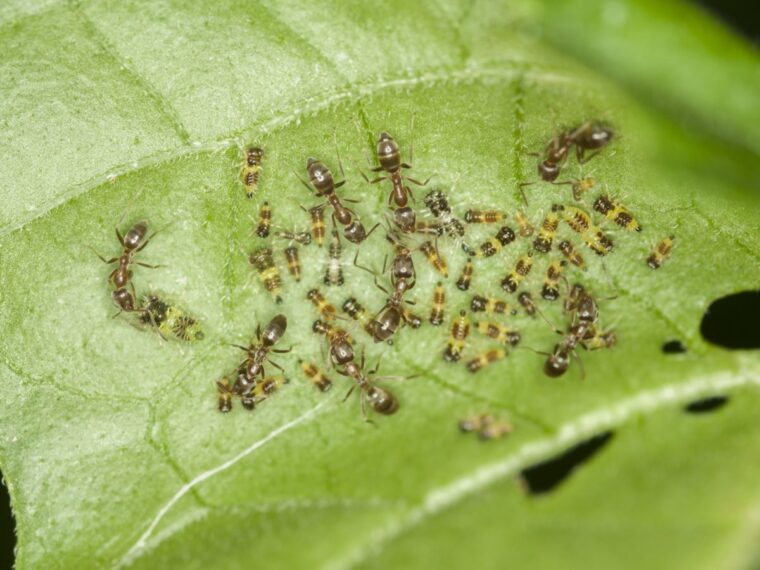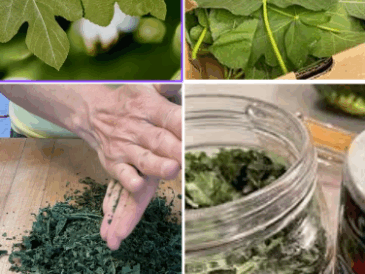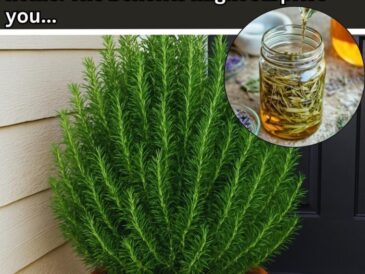If you love spending time in your garden, you’ve probably run into your fair share of pests. Most of the time, they’re just a minor inconvenience. But when the seasons change, pest populations can suddenly explode—leaving your plants vulnerable and your hard work at risk.
You might be tempted to reach for chemical pesticides, but those often do more harm than good. They can hurt helpful insects, wild animals, and even the environment. The good news? There are plenty of natural, effective ways to keep pests under control—without harming the creatures you actually want around.
Here’s how to protect your garden the smart, eco-friendly way.
Common Garden Pests You Might Spot
Let’s start by recognizing your potential enemies—and a few surprising allies.
- Ants: They build nests under plants, disturbing roots and stealing moisture. If you find ants indoors, it usually means there’s food left out. Outdoors, they can nest in compost heaps or bins.
- Mosquitoes: Not a direct threat to your plants, but they love damp, shady gardens and can carry dangerous diseases. Their activity ramps up as temperatures rise overnight.
- Flies: Attracted to strong smells like trash and compost, some flies can damage plants and spread disease.
- Beetles: Most beetles are harmless—and even helpful. They hunt other pests at night and can help keep populations in check.
- Wasps: Though they sting, wasps also eat plant pests and pollinate. Just watch out for nests near seating areas or walkways.
- Rats & Mice: These destructive pests can chew through materials, raid compost heaps, and spread disease. If you see them during the day, it’s a sign of a larger infestation.
- Squirrels: Active year-round, squirrels love fruits and veggies—and aren’t shy about stealing them. They also dig up bulbs and damage plants.
- Possums: Cute, but not harmless. They carry disease and can destroy plants, chew through cables, and leave behind a mess.
- Birds: Lovely to listen to, but they can damage crops, spread pests, and cause structural issues with their nests.
How to Keep Pests Away—Without Chemicals
Now that you know what you’re up against, here’s how to fight back using safe, natural methods:
1. Grow Pest-Repellent Plants
Some plants naturally repel pests. Surround your garden with herbs like basil, mint, rosemary, sage, lavender, and lemongrass. Flowers like chrysanthemums, petunias, alliums, and floss flowers also help—plus they make your space more beautiful.
2. Focus on Plant Health
Healthy plants are better at resisting pests. Make sure yours get the right nutrients and water—especially during dry spells.
3. Water in the Morning
Morning watering helps your plants absorb moisture before the sun gets too hot and prevents damp conditions overnight, which can attract fungi and pests.
4. Invite Beneficial Bugs
Not all insects are bad! Encourage ladybugs, hoverflies, and lacewings—they eat pests or lay eggs inside them. Grow flowers like calendula, coriander, cosmos, and sweet alyssum to draw these helpful bugs in. You can even buy them and release them directly into your garden.
5. Try Natural Insect Sprays
Make a DIY insecticide: blend ¼ cup garlic with 2 cups of water, strain, and mix the liquid with 2 teaspoons of oil and a few drops of dish soap. Spray it on your plants in the morning to keep bugs at bay. You can also try neem oil as a natural repellant.
6. Use Physical Barriers
Protect sensitive plants with lightweight fabric or mesh enclosures. These barriers can keep out everything from bugs to squirrels without harming them.
7. Keep Your Space Tidy
Clean up fallen leaves, food scraps, and garden waste. A tidy garden is far less attractive to pests like rodents and insects looking for food or shelter.
Final Thoughts
Dealing with garden pests is part of the journey—but you don’t need to turn to harsh chemicals to protect your space. With these natural methods, you’ll keep your garden healthy, thriving, and full of life (just the kind you actually want around).



